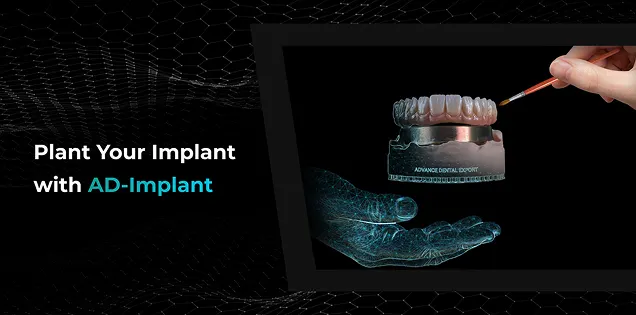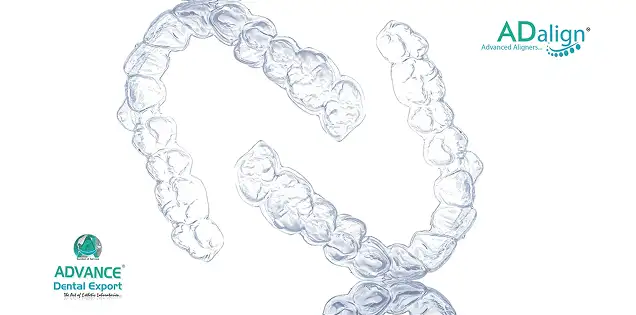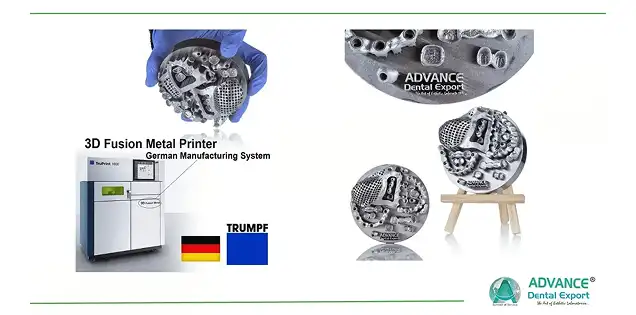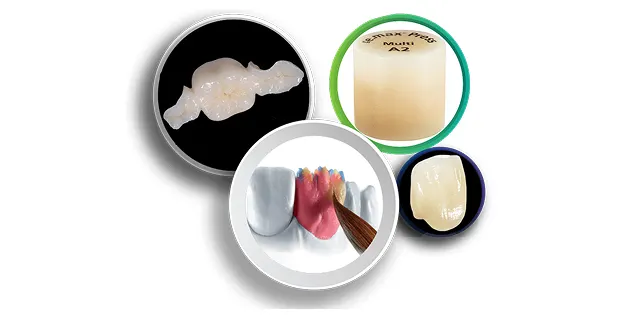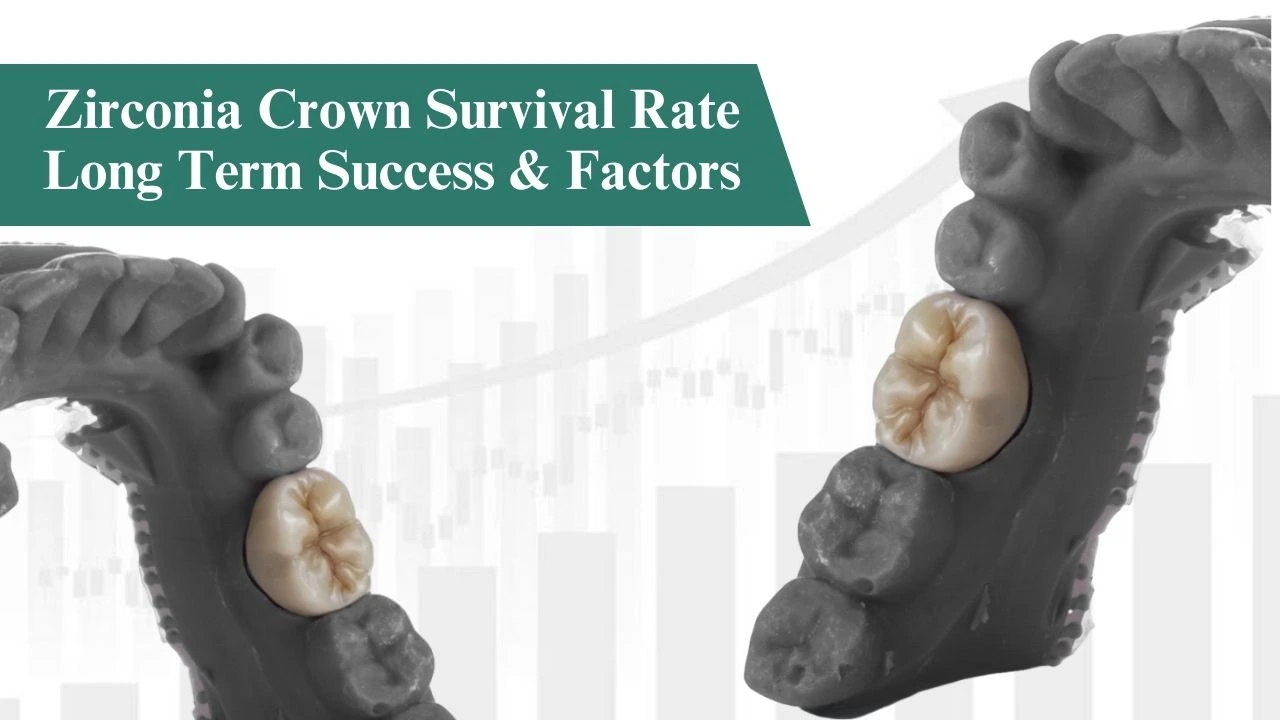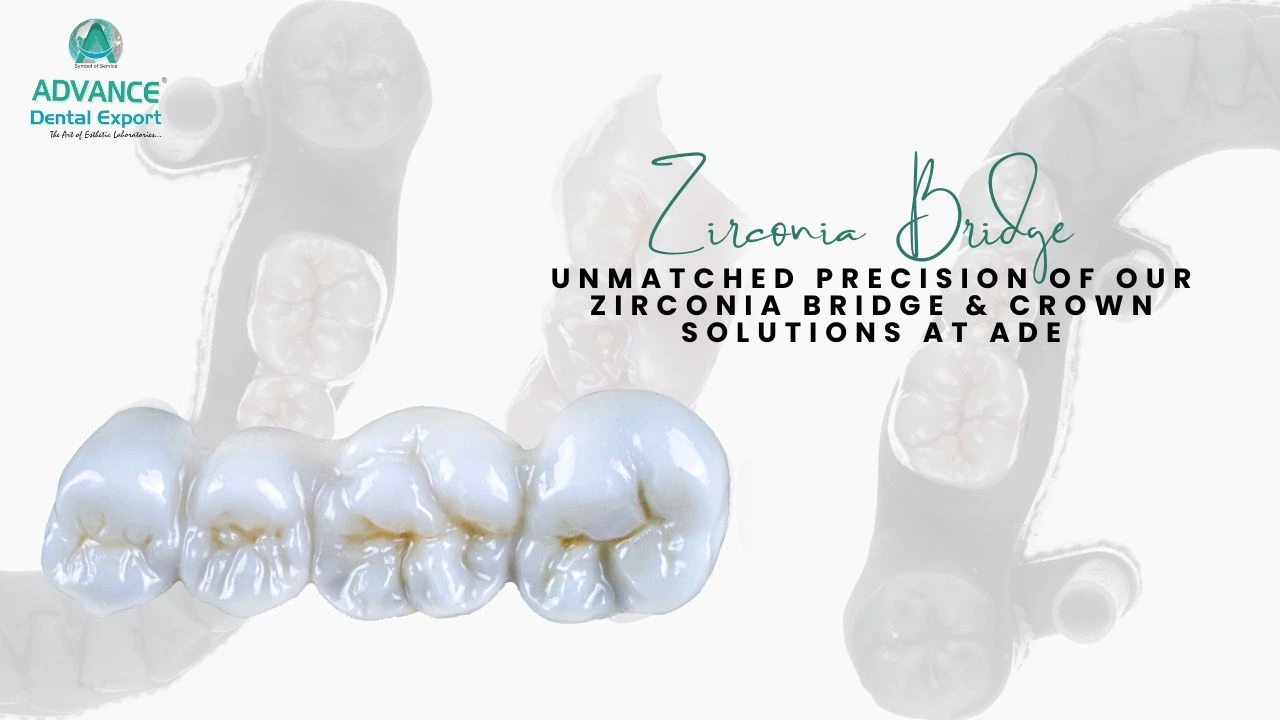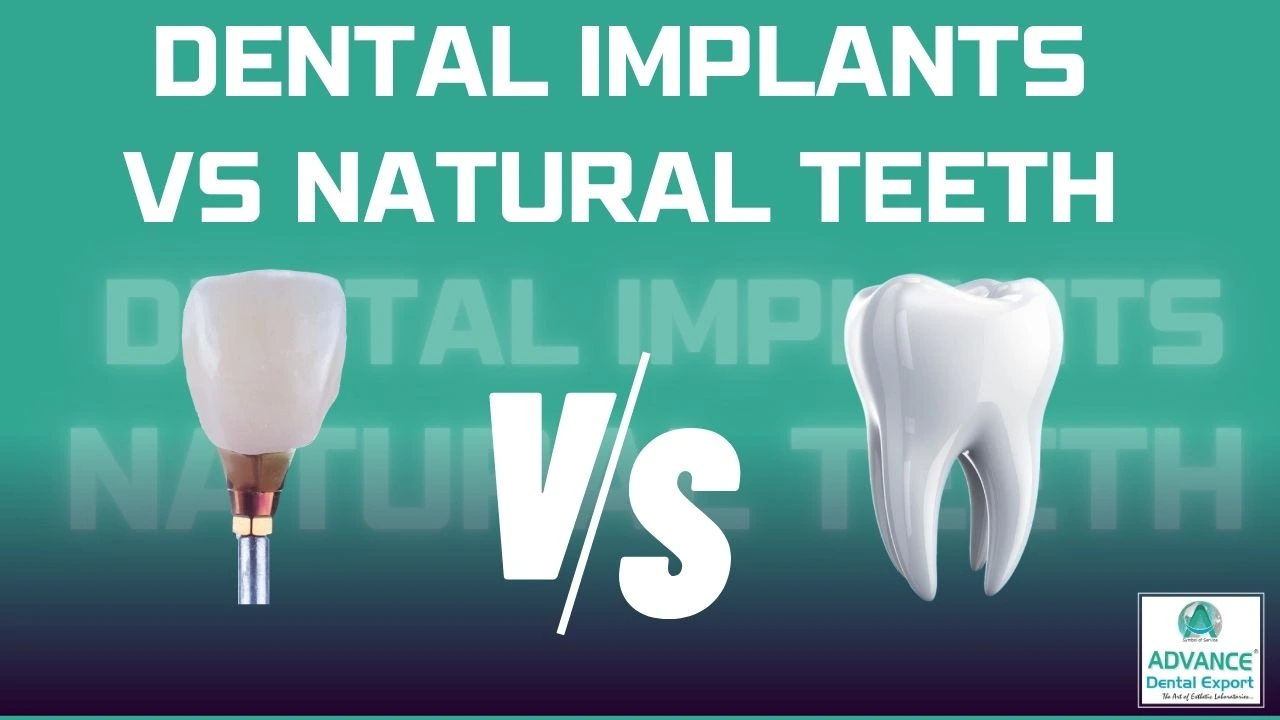What Are Dental Crowns?
Imagine this: someone cracks a tooth while enjoying their favorite snack. It’s not just about the discomfort—it’s about how it affects their smile and confidence. The dentist suggests a dental crown, a reliable solution to protect the damaged tooth and restore its natural look.
Dental crowns act like a cap that covers a tooth, shielding it from further damage while improving its appearance. They’re custom-made to fit perfectly over the tooth, matching the natural color and shape of your teeth. However, the choice of material can make a big difference in how the crown feels, looks, and lasts. Let’s explore the four most common crown materials—PFM, zirconia, composite resin, and resin—to help you choose the best fit.
Types of Dental Crown Materials
Porcelain-Fused-to-Metal (PFM) Crowns
PFM crowns have been a go-to solution for decades, combining the durability of metal with the natural appearance of porcelain. The metal core provides strength, while the porcelain outer layer mimics the natural tooth color.
Pros:
- Durability: These crowns are robust and can withstand chewing forces, making them ideal for back teeth.
- Aesthetics: The porcelain overlay ensures a natural look, blending seamlessly with surrounding teeth.
- Proven Track Record: With decades of use, the lifespan of PFM crown makes them a trusted option in restorative dentistry.
Cons:
- Metal Visibility: Over time, the metal base may show near the gum line, especially if gums recede.
- Abrasion: The porcelain surface can wear down opposing teeth.
PFM crowns are a reliable choice if you need a balance between strength and appearance, especially for molars that require extra durability.
Zirconia Crowns
Zirconia crowns are crafted from zirconium dioxide, a highly durable ceramic material. Known for their strength and natural look, they’ve quickly gained popularity in modern dentistry.
Explore Our Restorations
Pros:
- Exceptional Strength: Zirconia crowns can handle heavy chewing and grinding, making them ideal for molars.
- Biocompatibility: They’re less likely to irritate gums, making them a great choice for patients with sensitivities.
- Natural Aesthetics: High translucency allows these crowns to blend beautifully with natural teeth.
Cons:
- Cost: They’re generally more expensive than other options.
- Technique Sensitivity: Precise preparation and fitting are crucial for optimal results.
If you’re looking for a long-lasting solution that doesn’t compromise on appearance, zirconia crowns are worth considering.
Composite Resin Crowns
Composite resin crowns are made from a tooth-colored synthetic material. They’re often chosen for their affordability and are commonly used as temporary or short-term solutions.
Pros:
- Cost-Effective: One of the most affordable crown options.
- Aesthetic Match: Resin can be tinted to closely match the natural color of teeth.
- Minimally Invasive: These crowns often require less tooth preparation.
Cons:
- Durability: Prone to chipping and wear, they don’t last as long as other materials.
- Staining: Composite resin can discolor over time, especially with exposure to coffee, tea, or tobacco.
Composite resin crowns are suitable for front teeth or as a temporary solution while waiting for a more permanent crown.
Resin Crowns
Resin crowns are made entirely of dental resin. While they’re lightweight and cost-effective, they’re primarily used as temporary restorations.
Pros:
- Affordable: Resin crowns are among the least expensive options.
- Quick Fabrication: They can often be made and placed in a single dental visit.
Cons:
- Limited Longevity: They’re not designed for long-term use.
- Aesthetic Limitations: While functional, they lack the natural translucency of materials like zirconia.
Dentists usually recommend resin crowns as a placeholder until a permanent crown is ready.
Factors to Consider When Choosing a Crown Material
Choosing the right material isn’t a one-size-fits-all decision. Here are some key factors to keep in mind:
- Tooth Location: Back teeth handle more chewing pressure, so durability is essential. Zirconia or PFM crowns are ideal. For front teeth, appearance takes precedence, making zirconia or composite resin a better choice.
- Aesthetic Goals: If you’re concerned about your smile, opt for zirconia or porcelain crowns, as they offer the most natural look.
- Budget: Composite resin and resin crowns are more affordable but may require replacement sooner. Zirconia crowns are a higher upfront investment but often last longer.
- Dental Health: Discuss your oral health with your dentist. Factors like gum health and existing dental conditions may influence the best material for your crown.
- Lifestyle: If you grind your teeth, consider a stronger material like zirconia to withstand the pressure.
- Longevity: For a long-term solution, zirconia and PFM crowns are worth the investment.
Looking for a trusted lab partner? Get high-precision restorations from Advance Dental Export
Caring for Your Dental Crown
Proper care can extend the lifespan of your crown, regardless of the material. Follow these tips:
- Maintain Oral Hygiene: Brush twice daily and floss carefully around the crown to prevent decay and gum disease.
- Avoid Hard Foods: Chewing on hard objects like ice or nuts can damage the crown.
- Use a Night Guard: If you grind your teeth, wear a night guard to protect the crown from excessive pressure.
- Regular Dental Visits: Schedule regular checkups to monitor the condition of your crown and surrounding teeth.
With consistent care, most crowns can last for years, providing both functionality and a confident smile.
Takeaway
Choosing the right dental crown material is an important decision that depends on your specific needs, preferences, and budget. Whether it’s the trusted PFM, durable zirconia, cost-effective composite, or temporary resin, each material offers unique benefits.
At Advance Dental Export , one of the best dental labs in India, we specialize in crafting high-quality dental crowns tailored to individual needs. With a commitment to precision, durability, and aesthetics, we ensure every restoration enhances your smile and confidence. Trust Advance Dental Export for solutions that combine advanced technology and unmatched expertise.

